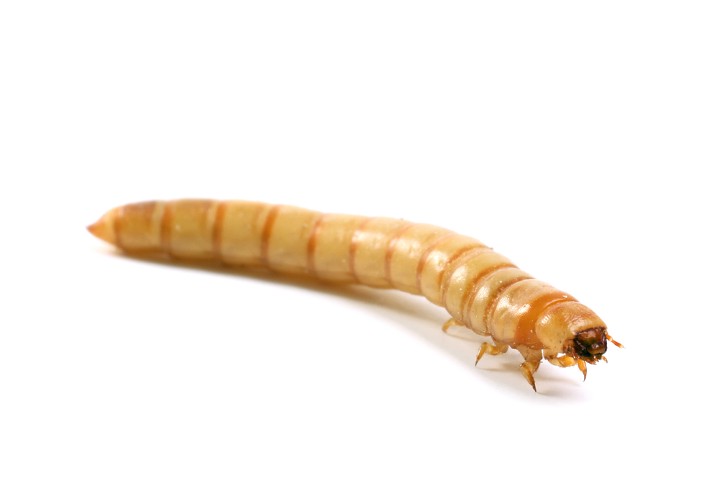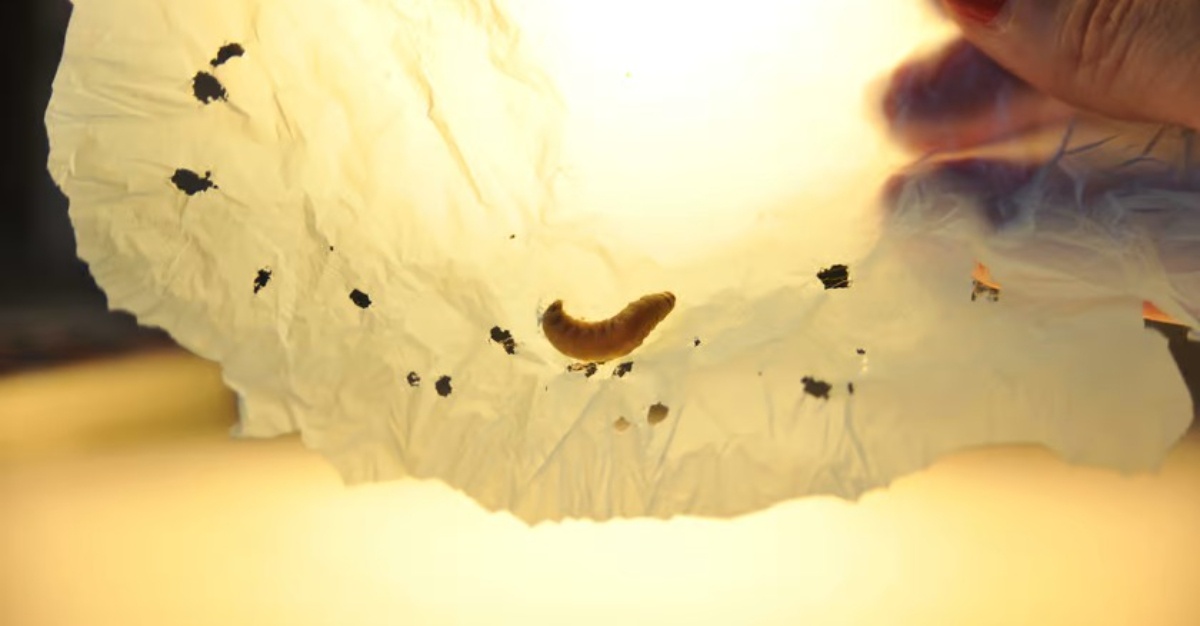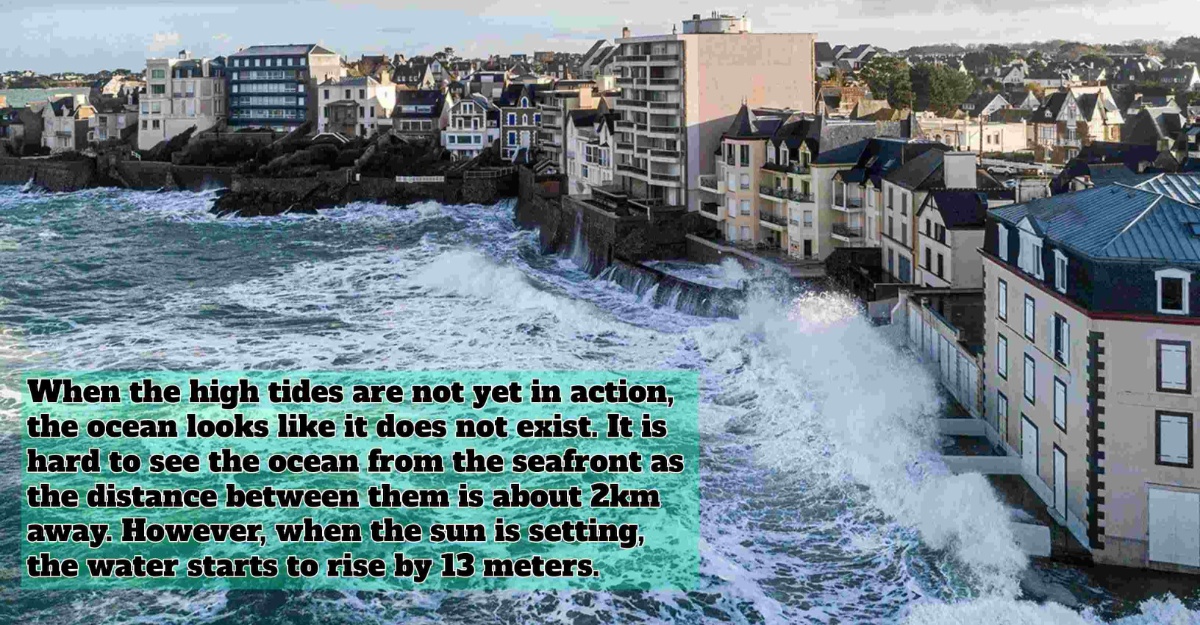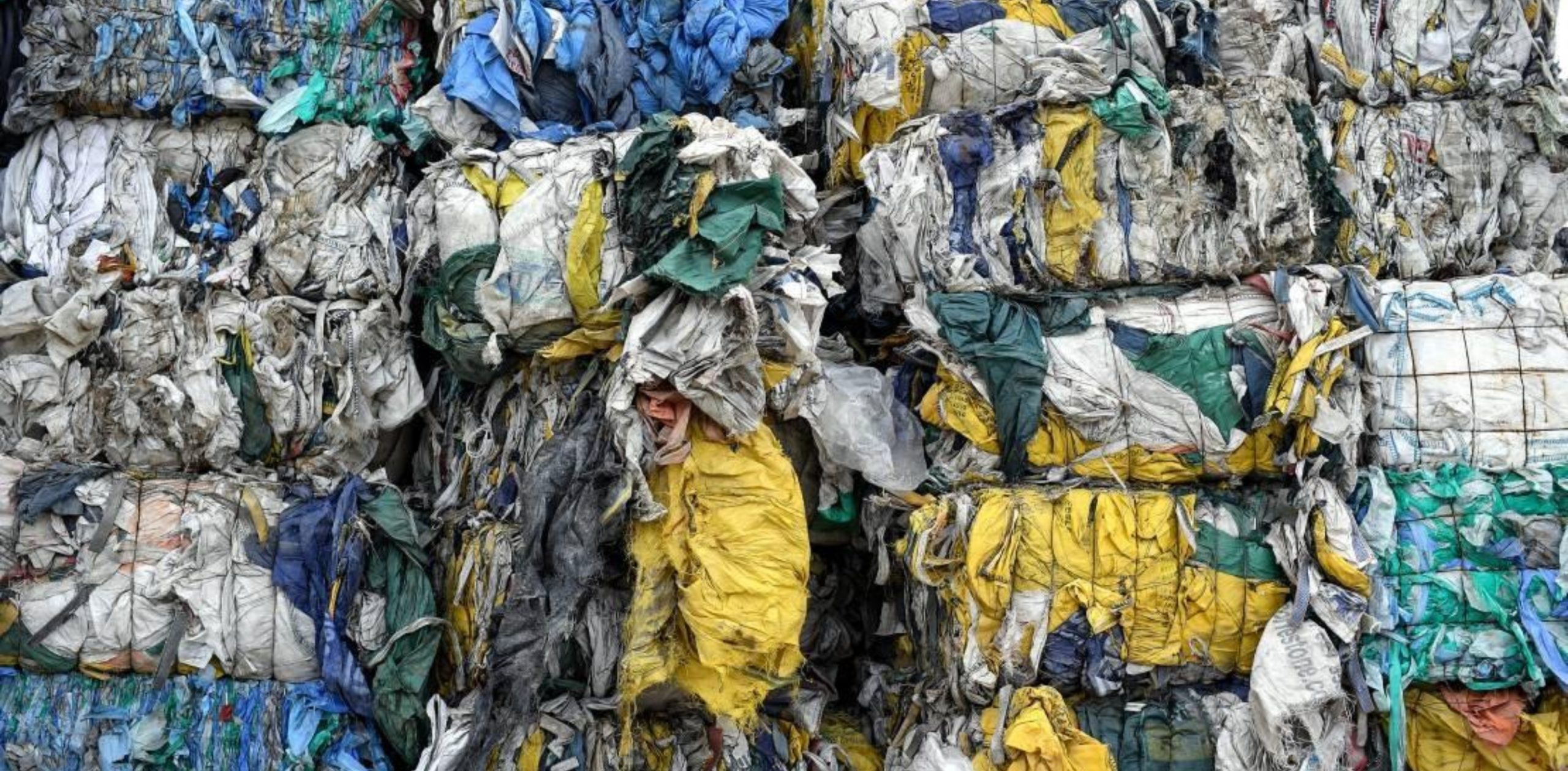The saliva of wax worms, which are moth larvae that infest beehives, have been found to have enzymes that quickly degrade plastic bags.
The enzymes are the first ones to degrade polyethylene in just a few hours at room temperature. They could lead to ways to recycle plastic that doesn’t cost much.
The beginning of discovery

Federica Bertocchini, a biology researcher and beekeeper in Spain, found a strange ability of wax worms in 2017. This led to the discovery of these enzymes. Because these parasites eat beeswax, Bertocchini put plastic bags over her hives to protect them from destruction.
“My beehives were plagued with wax worms, so I started cleaning them, putting the worms in a plastic bag,” said Dr. Federica Bertocchini, at the Biological Research Centre in Madrid.
“After a while, I noticed lots of holes and we found it wasn’t only chewing, it was a chemical breakdown, so that was the beginning of the story.”
Within 40 minutes, holes filled the bag. Plastic bags are notoriously hard to break down. The fact that it took the worms about 12 hours to turn the material into a gaping mess raises some interesting questions. Interestingly, follow-up experiments revealed that the worms were actually eating the plastic, not just chewing through it.
Bags and other containers utilize polyethylene which contributes to global plastic pollution. A chemical breakdown could yield valuable chemicals, or with further processing, new plastic, minimizing the requirement for virgin-oil-based plastic. Researchers said the enzymes quickly degrade polymer chains, a bottleneck in plastic degradation.
In addition to that, scientists used electron microscopy to examine the wax worm’s saliva and found that a pair of enzymes cause them to eat plastic.
At room temperature, it only took a few hours for these enzymes to work together. They work together to make craters on the surface of the plastic. And also oxidize it at the same time.
Sources: The Guardian, New Atlas





